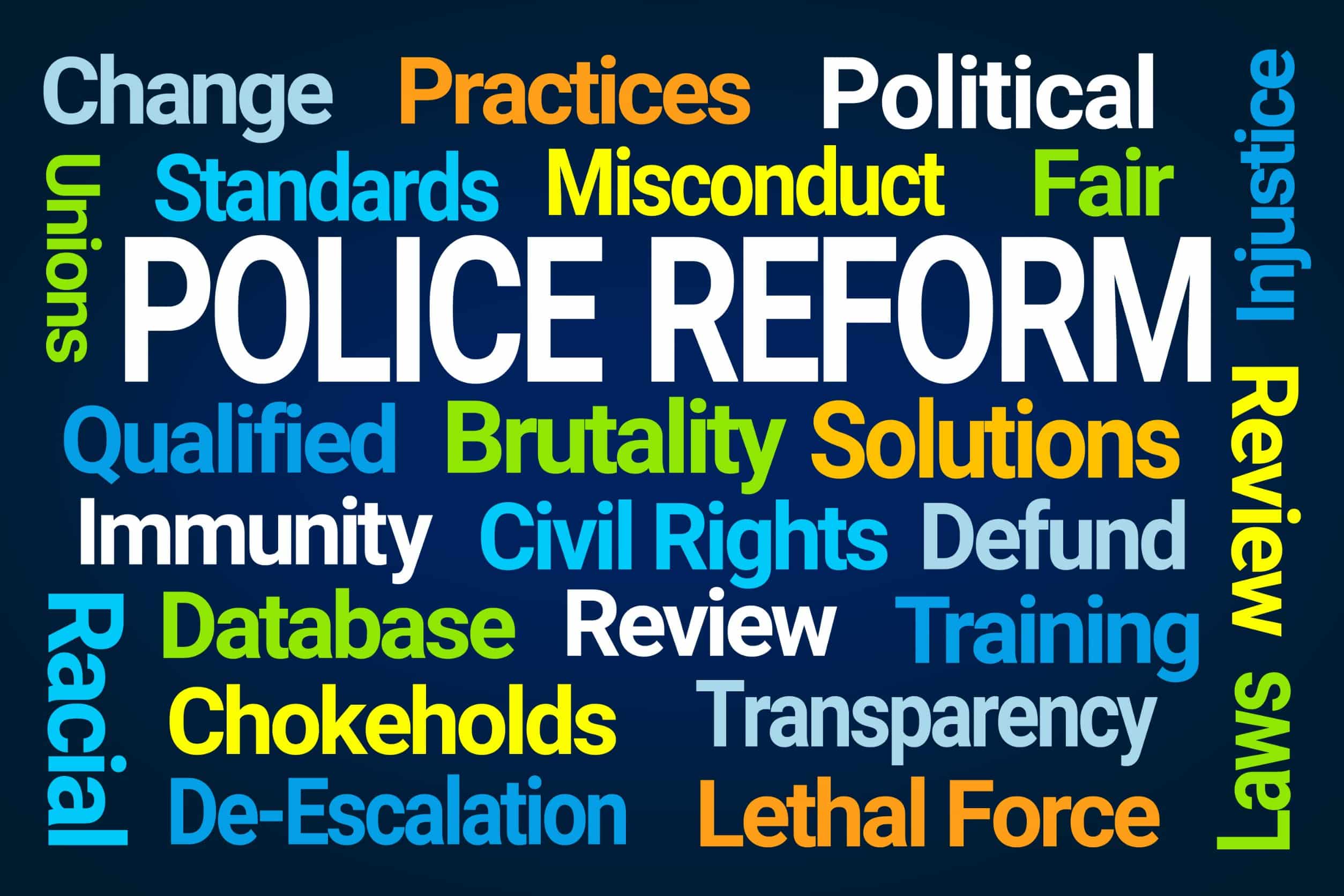In the wake of George Floyd’s death and the nationwide protests that followed, Minnesota lawmakers have passed a series of police reform laws addressing police brutality and racial bias. Here’s what you need to know about the new laws and how they might affect you.
Increased Accountability for Police Misconduct
One of the key provisions of the new laws is increased accountability for police misconduct. The laws create a new state agency, the Minnesota Board of Peace Officer Standards and Training, responsible for licensing and disciplining police officers. The board will have the power to revoke the licenses of officers who engage in serious misconduct, such as excessive force or racial profiling.
Ban on Chokeholds and Neck Restraints
The new laws also ban the use of chokeholds and neck restraints by police officers, except in situations where deadly force is authorized. These techniques have been controversial in recent years, and many advocates have argued that they are inherently dangerous and can lead to serious injury or death.
Increased Funding for Community Policing Programs
In addition to these measures, the new laws also provide increased funding for community policing programs. These programs build trust between police officers and their communities and promote positive interactions and cooperation. The funding will be used to hire more community engagement officers and to provide training for existing officers.
Requirement for Officers to Intervene in Misconduct
The new laws also require police officers to intervene if they witness another officer engaging in misconduct. This provision is designed to promote accountability and to prevent situations where officers turn a blind eye to their colleagues’ misbehavior. Officers who fail to intervene can face disciplinary action and potentially lose their licenses.
Limitations on No-Knock Warrants
Another key provision of the new laws is limitations on no-knock warrants. These warrants allow police officers to enter a home without first announcing their presence, and they have been used in several high-profile cases where innocent people were killed or injured. Under the new laws, no-knock warrants can only be used when there is a clear and present danger to the officers or the public.
Impact on Communities of Color
While the new laws are intended to promote accountability and reduce police misconduct, some advocates have expressed concern that they do not go far enough in addressing systemic racism in law enforcement. Communities of color have been disproportionately impacted by police brutality and racial bias, and many argue that more comprehensive reforms are needed to address these issues.
Minnesota’s new police reform laws represent a significant step forward in addressing police misconduct and promoting accountability. By increasing oversight and providing funding for community policing programs, the laws have the potential to build trust between law enforcement and the communities they serve. However, it remains to be seen how effective the laws will be in practice and whether they will reduce racial bias and promote equity in law enforcement.
As an experienced attorney, I highly encourage all residents of Minnesota to stay informed about the new police reform laws. These changes have significant implications for both law enforcement officials and members of the public, and it is essential to understand how they may impact your rights and responsibilities. If you believe your rights have been violated or have questions about how the new laws may affect you, I urge you to contact an experienced attorney for guidance. By staying informed and being proactive, we can work together to ensure that our communities are safe, just, and equitable for all.
About the Author:
Christopher Keyser is an AV-Preeminent rated criminal and DWI defense attorney based in Minneapolis who is known for fighting aggressively for his clients and utilizing innovative tactics to get the most positive results. He has been featured in numerous media outlets due to the breadth and depth of his knowledge and has been named a Certified Specialist in Criminal Law by the Minnesota Bar Association. Mr. Keyser is Lead Counsel rated, and he has received recognition for his criminal law work from Avvo, Expertise, Super Lawyers, The National Trial Lawyers, and more.







